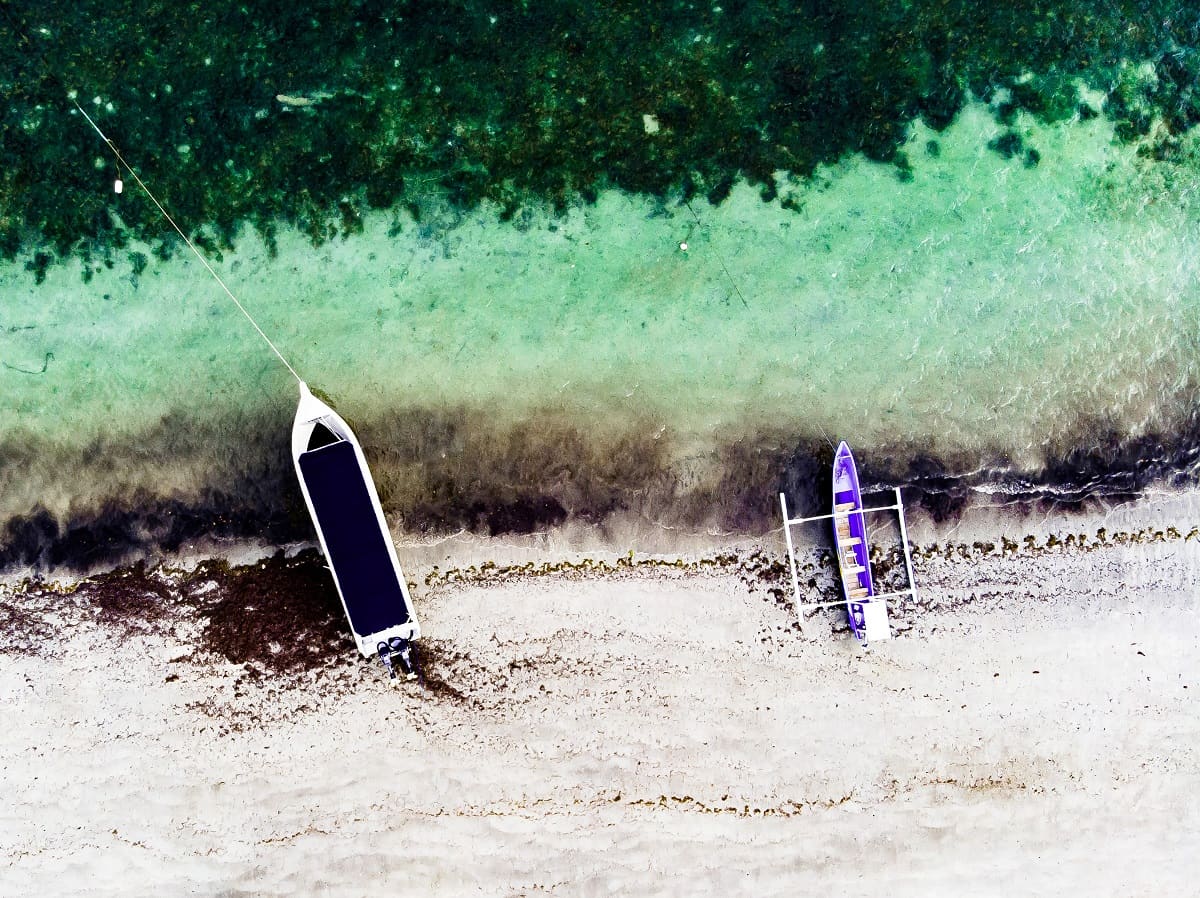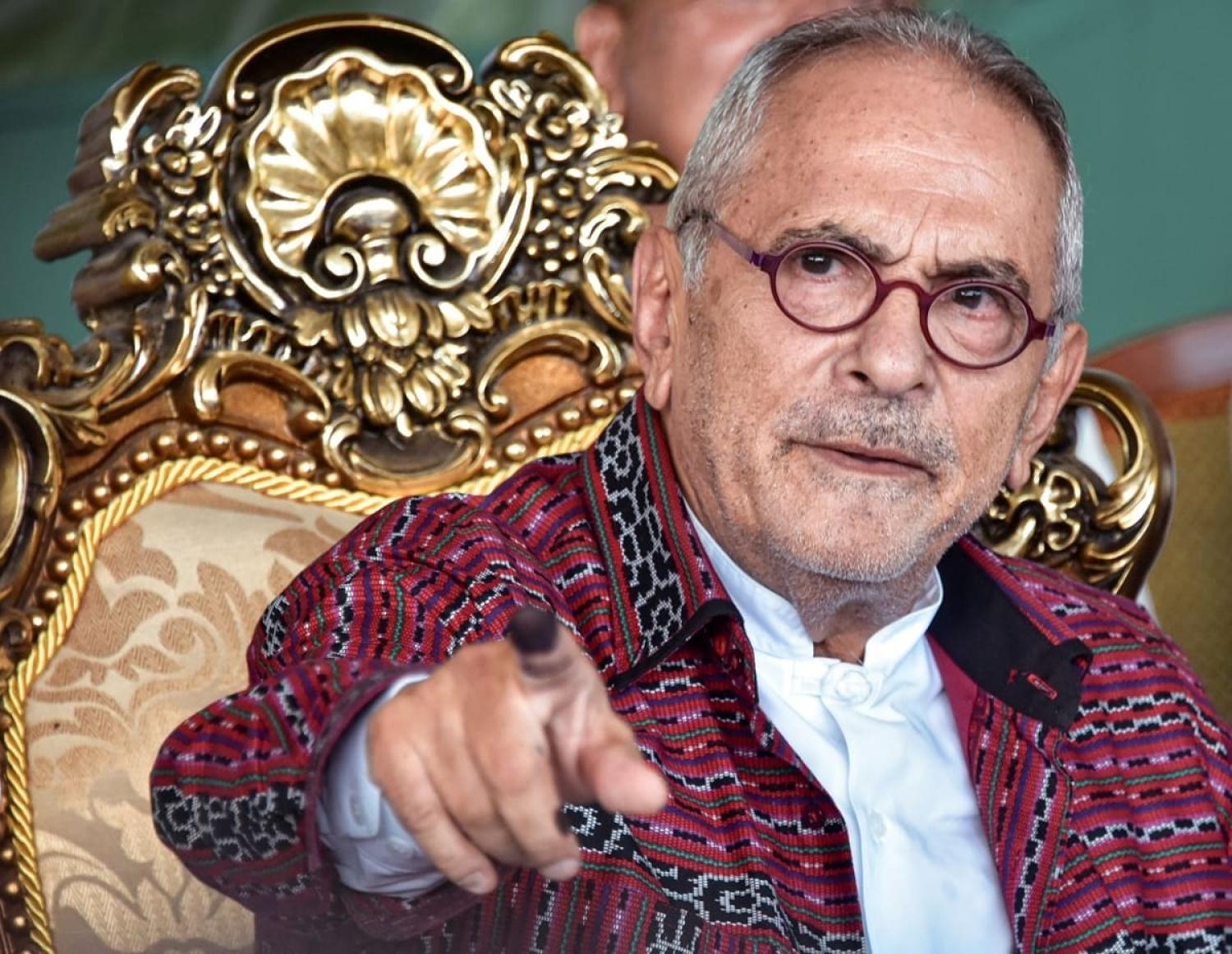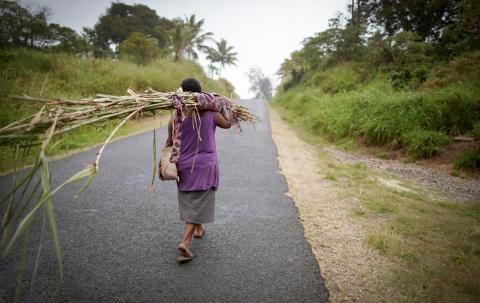It’s been hard to miss José Ramos-Horta, the President of Timor-Leste, in the news over the past couple of weeks. He’s been doing the rounds with major media outlets, including the ABC and Guardian Australia. He’s also been garnering headlines for touting the prospect of Chinese investment in his country’s nascent oil and gas industry in an effort to force Australia and other like-minded nations towards his country’s position on where to process liquefied natural gas from the Greater Sunrise field.
The jury is out on whether Ramos-Horta’s bully pulpit diplomacy is having its desired effect. During her visit to Dili last week, Australian Foreign Minister Penny Wong chided Horta for his public posturing, stating that negotiations are “best done respectfully and directly, not through the media”. But more public posturing seems to be in order during Ramos-Horta’s visit to Australia this week. It’s the go-to playbook for the Timorese when dealing with high-stakes international matters and, from their point of view, has repeatedly helped them achieve the impossible.
Furthermore, Ramos-Horta is in a unique position. In the Timorese system of government, the presidency is structurally weak and holds little authority over day-to-day government business. But his near-universal popularity among the Timorese public, deriving from his status as one of Timor-Leste’s founding fathers, gives him considerable informal influence over policymaking. When he speaks, the Timorese people listen. Furthermore, his international profile and depth of high-level relationships accord him a degree of clout over foreign affairs that a Timorese president rarely has, making him a key player, irrespective of his formally ascribed powers.
Naturally, the development of Greater Sunrise is at the top of his agenda. However, given the amount of attention focused on that issue, it’s easy to overlook what else he may be seeking to accomplish. I’ve written and commented extensively on Greater Sunrise, but I would like to explore two other issues of importance that Ramos-Horta will surely raise during his visit: economic diversification and his country’s long, winding quest for Association of Southeast Asian Nations (ASEAN) membership.
As I wrote in May, “The country’s future may hinge on one question – can it sufficiently diversify its economy and create enough jobs for its young and growing population?” Creating the conditions to do so is a priority for Ramos-Horta, given his country’s dire fiscal trajectory. As he stated in August, “Timor-Leste would be in a financial cliff if Greater Sunrise is not operating within the next 10 years.”

The most recent quarterly report for the Petroleum Fund, from which the country derives nearly all of its revenue, should set off alarm bells everywhere. It lost nearly US$1.3 billion in value, shrinking from US$19.12 billion to US$17.84 billion. Crucially, more than 76 per cent was due to investment loss, while only 23 per cent was due to transfers to state coffers. Yes, the fund may bounce back at some point, but it simply cannot sustain prolonged investment losses, especially when the politicians are withdrawing more and more money to pay for increasing state expenditures.
Thus, economic diversification is crucial – and needs to happen fast. Expect Ramos-Horta to seek aid for financing infrastructure development, which carries cross-cutting benefits for Timor-Leste’s economy and society, and bolstering the sectors with the most promising growth prospects: coffee, tourism and agriculture. To date, the results of diversification are not promising, but substantial, targeted aid that adequately accounts for local circumstances and realities can change that.
Upon his election in April, Ramos-Horta stated that securing ASEAN membership is one of his top priorities. Timor-Leste has been pursuing it for more than a decade and, while its prospects for success have improved, the reality is that it still hasn’t happened and won’t until at least 2023 – and that assumes it ever happens. As Ramos-Horta put it during his July visit to Indonesia, “It seems like the road to heaven – to reach the perfection of heaven – is easier than to reach the gates of ASEAN.”
Ramos-Horta believes he can leverage his international profile and stature to secure the desired decision – and, importantly, leave a legacy for the country he has toiled for in the diplomatic trenches since the 1970s. Australia has long provided aid that “tends to emphasise preparation for ASEAN membership”, but Ramos-Horta will likely ask Australia to step up its rhetorical support and increase behind-the-scenes pressure on ASEAN member states – particularly Singapore – to finally sign off Timor-Leste’s ascension to the bloc.
Ramos-Horta is an adept statesman – it’s part of why he won the Nobel Peace Prize in 1996, after all – but the world is changing around him. Geopolitical currents and transnational headwinds are intensifying and, like many leaders in the region, he is seeking to leverage competition between major powers to his country’s benefit. But, as he does so, he needs to be careful not to overplay his hand. As for what this all means and leads to, I leave you with one of my favorite movie quotes: we’ll see.

